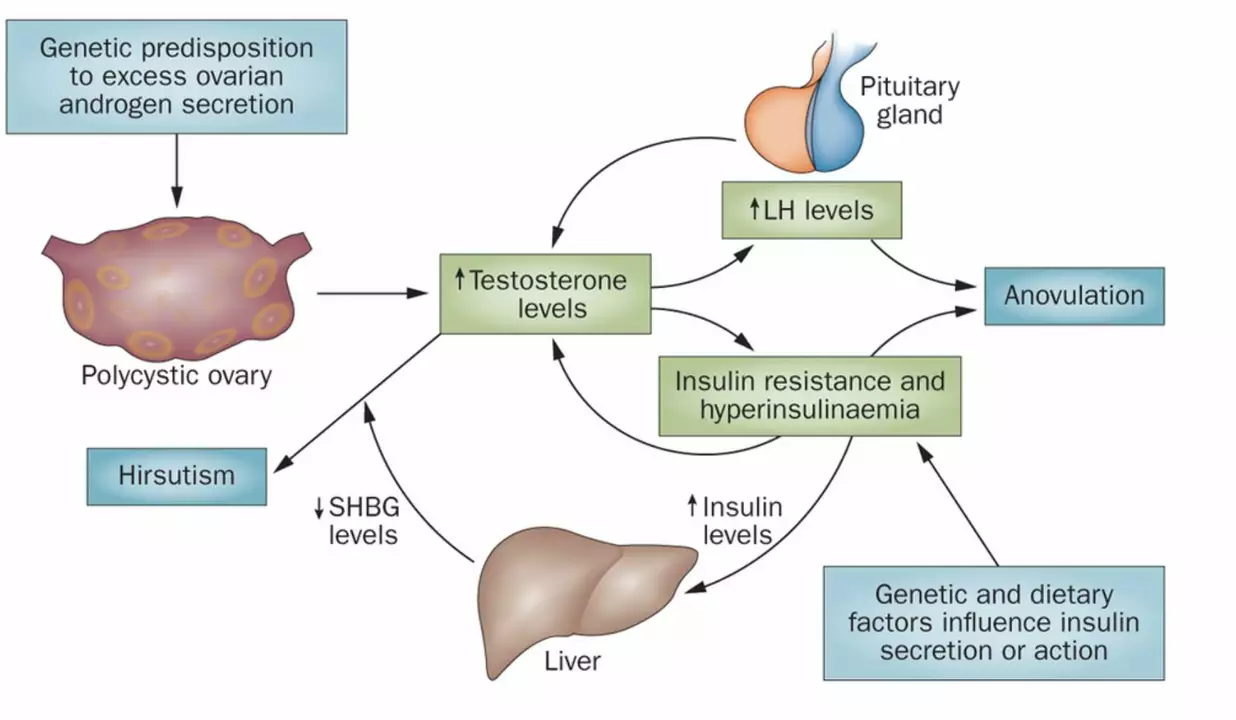If you’ve heard the term Long QT syndrome, you might wonder if it’s something serious. In plain terms, it’s a heart rhythm problem that makes the heart take longer than normal to recharge between beats. That extra time can cause a shaky feeling, fainting, or in rare cases, sudden cardiac arrest.
The “QT” part comes from an ECG reading – the stretch of the line that shows the heart’s electrical reset. A few things can push it longer:
Even everyday stressors like intense exercise or big caffeine hits can nudge the interval higher for some people.
Most folks don’t feel anything until a fainting spell (called syncope) happens. Others notice palpitations – that racing, fluttery feeling in the chest. If you’ve had an unexplained blackout or your family has a history of sudden heart issues, ask for an ECG.
A doctor will look at the QT measurement and might order a Holter monitor (24‑hour recorder) to catch hidden episodes. Genetic testing is also an option if there’s a strong family link.Early detection matters because treatment can keep you safe.
The goal is simple: shorten the QT interval and stop dangerous beats. Here are the common steps:
Lifestyle tweaks also play a part. Regular moderate exercise is good, but extreme endurance sports may be risky for some. Talk to your cardiologist about safe activity levels.
Keep a medical ID card that says you have Long QT syndrome and lists any drug allergies. Share this info with coaches, employers, or anyone who might need to act fast.
When you travel, pack a copy of your ECG and medication list. Many airlines ask about heart conditions for emergency planning.
If you’re starting a new prescription, double‑check the drug’s label for “QT prolongation.” A quick call to your pharmacist can prevent a nasty surprise.
Finally, stay in touch with a heart specialist who knows Long QT. Regular check‑ups keep the QT measurement in range and let you tweak treatment before problems pop up.
Long QT syndrome isn’t something you have to live in fear of. With the right meds, smart lifestyle choices, and good communication with your healthcare team, most people lead normal lives and stay out of trouble.

I recently came across an interesting overview on Amiodarone and its role in managing Long QT Syndrome. As a powerful antiarrhythmic drug, Amiodarone has been quite effective in treating this heart condition which results in abnormal heart rhythms. The overview discussed its mechanism of action, emphasizing its ability to prolong the QT interval and prevent dangerous arrhythmias. It also touched upon the potential side effects and precautions to consider when using this medication. Overall, I found it to be a valuable resource for understanding how Amiodarone can help those with Long QT Syndrome.
Learn how to build a personalized medication action plan with your care team to improve adherence, avoid side effects, and reduce hospital visits. A clear, simple plan makes managing multiple meds easier and safer.
A clear guide on using Ramipril in seniors, covering benefits, dosing, side effects, interactions, and safety tips for patients and caregivers.
Explore how tobacco use fuels pancreatic cancer, the biological mechanisms, risk statistics, and steps to protect yourself.
Licorice contains glycyrrhizin, which can raise blood pressure and lower potassium, making blood pressure meds less effective. Avoid black licorice if you're on these medications.
A detailed side‑by‑side look at Periactin (Cyproheptadine) versus other antihistamines, covering uses, dosing, side effects, and how to pick the best option for you.